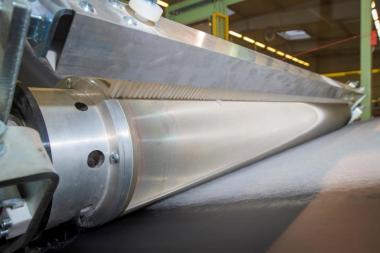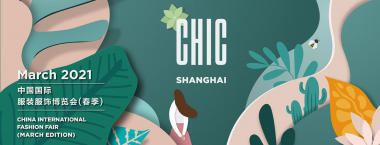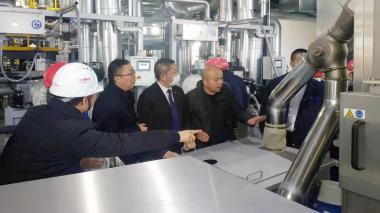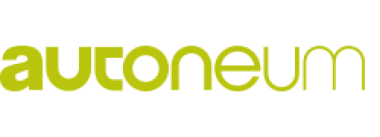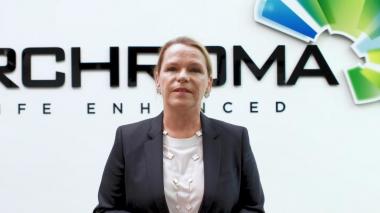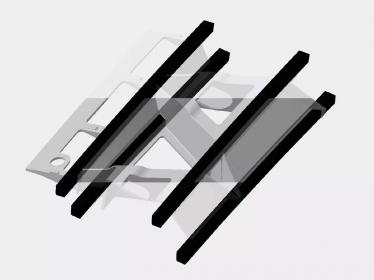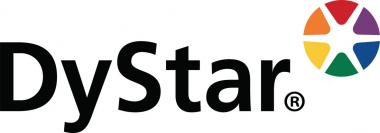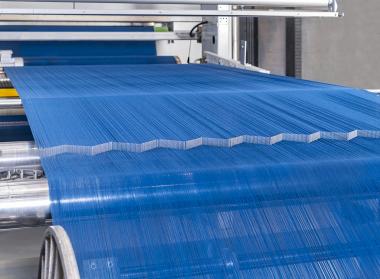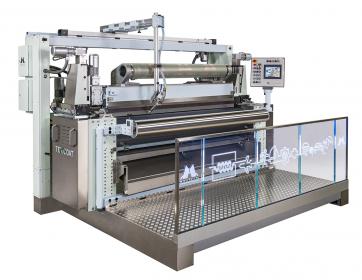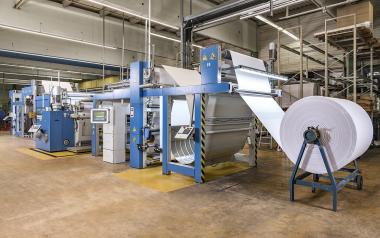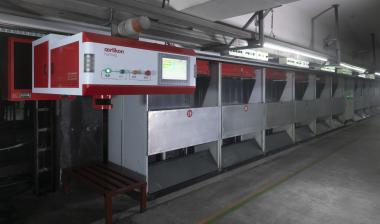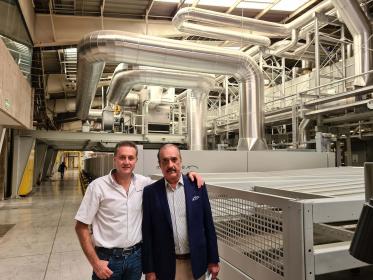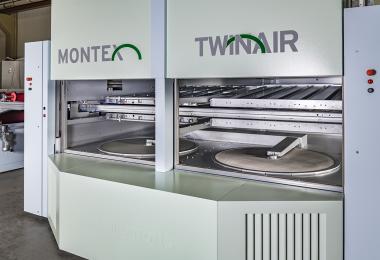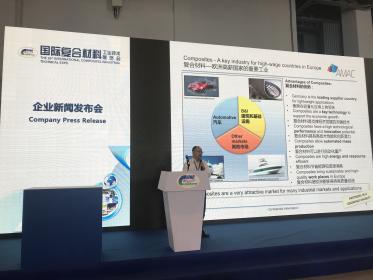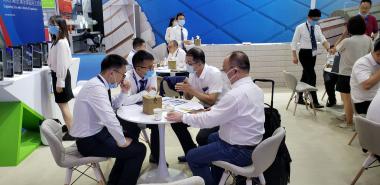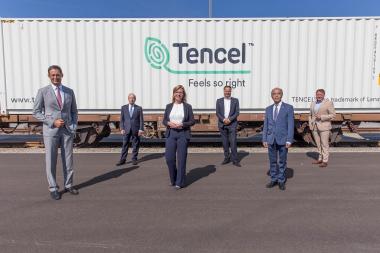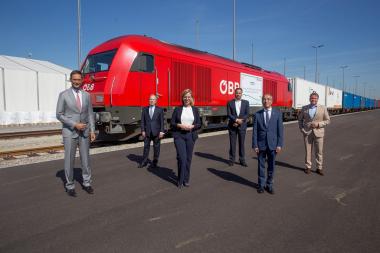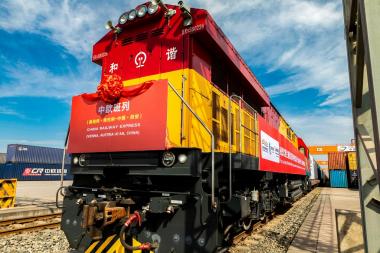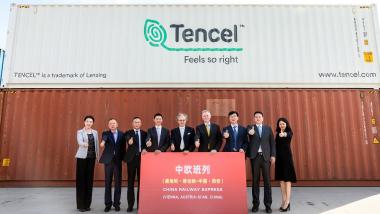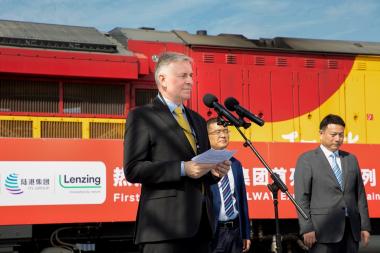NCTO requests Agency to grant Approval for Collection of China 301 Duties
National Council of Textile Organizations (NCTO) President and CEO Kim Glas sent a letter to Acting Director of the Office of Management and Budget (OMB) Robert Fairweather, requesting the agency reconsider and approve a proposal to direct U.S. Customs and Border Protection (CBP) to collect Section 301 penalty duties on billions of dollars of Chinese goods currently shipped duty free under Section 321 de minimis waivers.
“There has been an exponential growth of shipments to the United States in recent years that qualify for Section 321 duty-free treatment,” Glas said in the letter. “U.S. manufacturers of textiles, apparel and other consumer goods that routinely sell for less than the $800 de minimis threshold increasingly find their markets and workforce threatened by this tariff avoidance scheme.”
The letter details how the current Section 321 provision is now being coupled with e-commerce to provide billions in duty avoidance on these imported products, including:
- Increased import price pressure on domestic manufacturers of various types of consumer items that routinely sell for less than $800 such as – apparel, footwear, home furnishings, toys, consumer electronics, flatware, auto parts, etc.
- An inability to properly identify and block the importation of adulterated products posing a health and safety risk to consumers.
- An inability to properly identify and block imports of counterfeit products that violate intellectual property laws.
- Enhanced ability of countries like China to access the U.S. market, despite their failure to provide reciprocal access to their markets and their persistent illegal and unfair trading practices.
“Imported merchandise from China that enters under a Section 321 waiver is exempt from all normal tariffs and any penalty duties assessed under the current 301 case. This unreasonable and unnecessary duty exemption severely undermines the purpose and value of the existing Section 301 determination against China as an effort to address its longstanding predatory trade practices,” Glas stated.
“The Biden administration should undertake an exhaustive review of this problem to develop the policy changes needed to mitigate the damaging impact of Section 321 waivers on U.S. workers and manufacturers,” Glas added. “In the interim, it is critical that the OMB and CBP take reasonable steps, such as denying Section 321 benefits to goods covered under the existing China 301 determination [tariffs]. Doing so would be a valuable first step toward limiting the dangerous and growing exploitation of this tariff waiver mechanism.”
See the full letter here.
NCTO National Council of Textile Organizations Import Textile and clothing industry
NCTO





